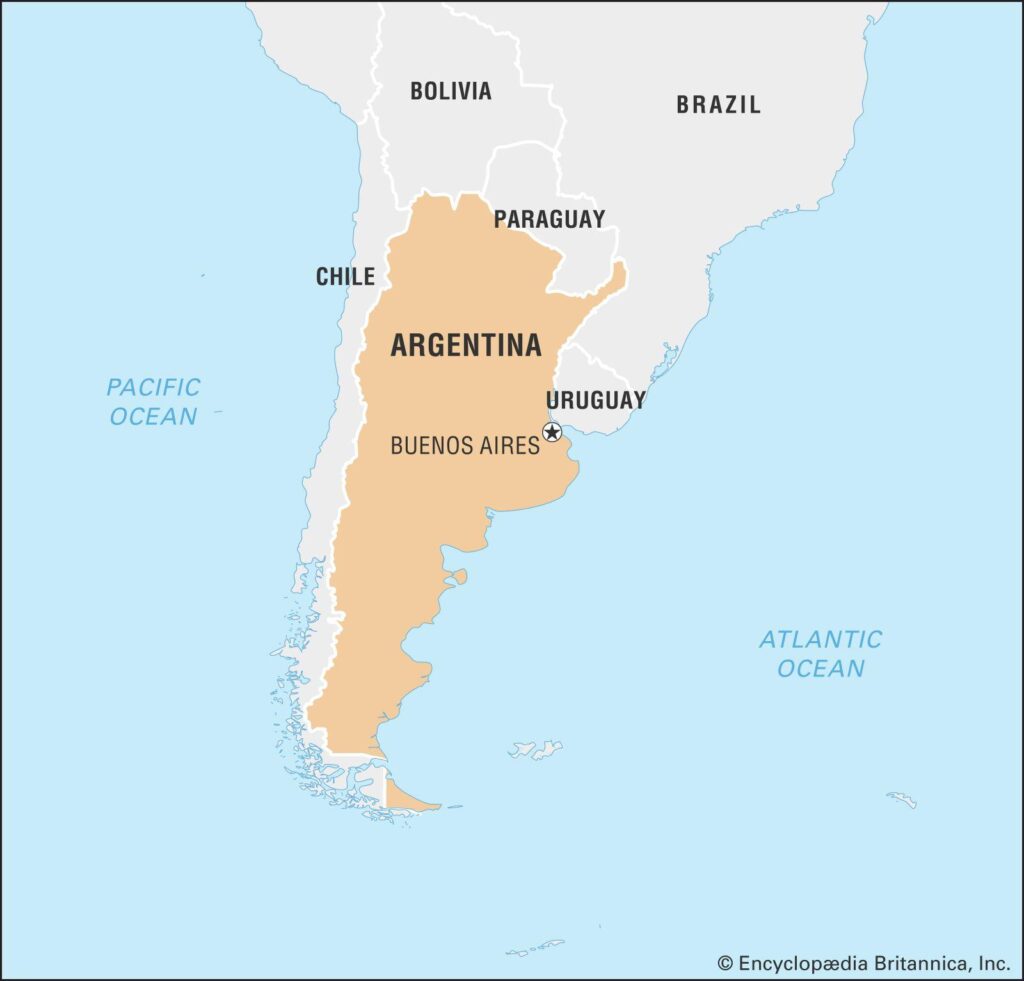Argentina: A Deep Dive into Resources, Power, and Economy
In the heart of South America lies Argentina, a nation rich in cultural heritage and natural resources, yet grappling with economic challenges that often overshadow its potential. As one of the region’s largest economies, Argentina boasts an abundance of agricultural products, a diverse energy sector, and a wealth of mineral resources. However, the country has also faced enduring issues such as inflation, political instability, and a volatile labor market. This article will explore the intricate relationship between Argentina’s natural wealth and its economic trajectory, examining how the country’s resources shape its power dynamics and influence both local and global markets. Through the lens of historical context and current developments, we will uncover the multifaceted story of Argentina’s economy as it stands at a crossroads, ready to harness its potential or confront its realities.
Argentina’s Natural Wealth and Resource Management Strategies
Argentina is endowed with an extraordinary range of natural resources that contribute significantly to its economy. The country is rich in fertile lands, particularly in the Pampas region, which supports extensive agricultural activities. Key crops include soybeans, wheat, and corn, making Argentina one of the world’s leading agricultural producers. Additionally, the nation possesses valuable mineral resources such as gold, silver, and lithium, with the latter becoming increasingly important in the production of batteries for electric vehicles. Furthermore, Argentina’s diverse ecosystems also provide opportunities for eco-tourism, showcasing its stunning landscapes and unique biodiversity.
The management strategies for these resources are evolving, focusing on sustainability and environmental protection. The Argentine government is increasingly prioritizing renewable energy sources, including wind and solar power, aiming to diversify its energy portfolio and reduce reliance on fossil fuels. Key initiatives include a commitment to improve energy efficiency and incentivize the use of clean technologies. Community involvement in resource management is also being emphasized, with local stakeholders encouraged to collaborate in making decisions that affect their environments. The integration of these strategies is not only crucial for economic growth but also for preserving Argentina’s rich natural heritage for future generations.
Harnessing Renewable Energy for Sustainable Economic Growth in Argentina
Argentina is increasingly recognizing the pivotal role that renewable energy resources play in driving sustainable economic growth. With vast landscapes that boast exceptional potential for harnessing solar and wind energy, the nation is positioned to leverage these renewables to diversify its energy matrix and decrease dependence on fossil fuels. This shift is not only environmentally beneficial but is also projected to create numerous job opportunities across multiple sectors, including manufacturing, installation, and maintenance of renewable energy technologies.
Among the various energy sources, solar power has emerged as a particularly promising avenue due to the country’s high solar irradiation rates, especially in the northwest regions. Additionally, wind energy is gaining momentum in areas such as Patagonia, where consistent and powerful winds provide an ideal environment for wind farms. These transformations underscore a strategic investment plan that aims to not only propel economic growth but also foster a sustainable energy landscape in Argentina. Below is a summary of key renewable energy initiatives:
| Renewable Source | Key Benefits | Regional Focus |
|---|---|---|
| Solar Energy | – Abundant sunlight – Job creation in tech and installation |
Northwest Argentina |
| Wind Energy | – High efficiency – Low operational costs |
Patagonia |
| Hydropower | – Established technology – Reliable output |
Southern regions |
Navigating Economic Challenges: Policy Recommendations for a Resilient Future
As Argentina grapples with economic unpredictability, policymakers must prioritize strategies that enhance resilience in both urban and rural sectors. Key recommendations include:
- Strengthening Fiscal Policies: Implementing a robust fiscal framework that emphasizes transparency and accountability can help restore confidence among investors and citizens alike.
- Diversifying Trade Partnerships: Expanding trade relations beyond traditional allies will mitigate the risks posed by economic shocks stemming from global market volatility.
- Investing in Sustainable Industries: Transitioning towards renewable energy sources and sustainable agriculture will not only alleviate environmental stresses but also create job opportunities.
Moreover, a focus on education and workforce development is essential to equip citizens with the skills necessary for the evolving job market. In particular, initiatives should aim to:
- Enhance Technical Education: By investing in vocational training, the country can better align its workforce with the demands of modern industries.
- Foster Innovation: Supporting startups and research through grants and incubators will stimulate local economies and drive technological advancements.
| Recommendation | Expected Outcome |
|---|---|
| Strengthening Fiscal Policies | Improved investor confidence |
| Diversifying Trade Partnerships | Increased market stability |
| Investing in Sustainable Industries | Job creation and environmental protection |
| Enhancing Technical Education | Better workforce alignment |
| Fostering Innovation | Economic growth through entrepreneurship |
The Way Forward
In conclusion, Argentina stands as a nation rich in natural resources, diverse in power generation, and complex in its economic landscape. From its vast fertile plains that bolster agricultural productivity to its significant mineral deposits, the country possesses the fundamental elements required for robust economic growth. However, Argentina’s economic trajectory has historically been marred by volatility and challenges, including inflation, debt crises, and political instability. As the nation seeks to harness its abundant resources while navigating the intricacies of global markets and internal reforms, the future will hinge on its ability to foster sustainable development and responsive governance. With a strategic approach, Argentina could leverage its unique assets to position itself as a key player in the regional and global economies. The coming years will be critical as the country endeavors to balance its rich heritage with the demands of a rapidly changing world.
